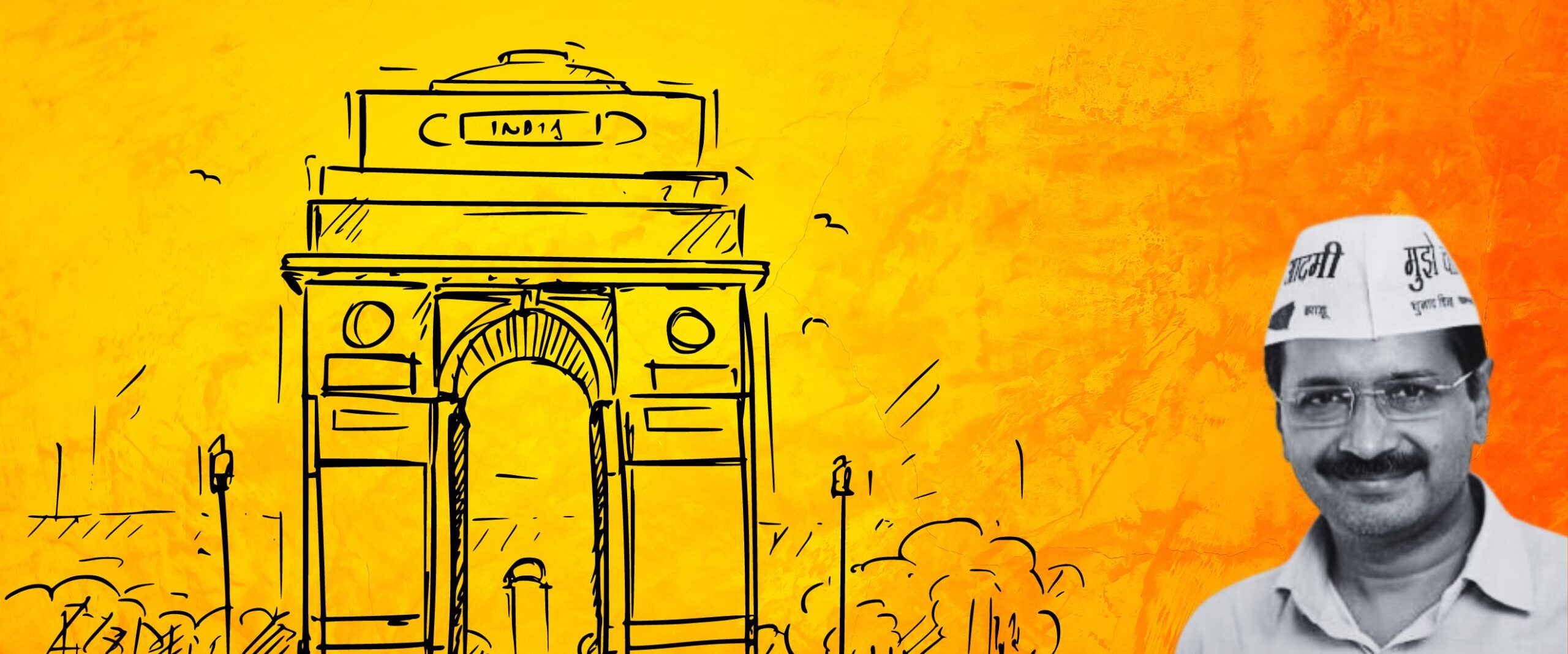Analysis
Supreme Court considers interim bail for Arvind Kejriwal
Senior Advocate AM Singhvi argued that the ED must have strong reasons to believe that Kejriwal was the “kingpin” of the Liquor Policy case

On 3 May 2024, Senior Advocate A.M. Singhvi, appearing for Arvind Kejriwal, concluded his arguments on how the Delhi Chief Minister’s arrest was illegal. In the previous hearings, Singhvi has extensively argued on how the arrest did not meet the criteria required under Section 19 of the Prevention of Money Laundering Act, 2002.
On Monday, the Bench had directed Singhvi to conclude arguments and tasked the Enforcement Directorate, represented by Additional Solicitor General S.V. Raju, to respond on the timing of Kejriwal’s arrest. The Bench also instructed the investigative agency to provide all material that was in favour of and against the opposition leader of the Aam Aadmi Party (AAP).
Singhvi: Non-compliance of procedure would vitiate arrest
Singhvi pointed out that a person summoned under the PMLA is not considered an “accused”. As per Section 50, any person summoned by the ED under the PMLA does not “assume the character of an accused.” Singhvi stated that the last summons issued for Kejriwal in the Liquor Policy Case was 16 March 2024. Kejriwal’s portrayal “drastically” transformed into that of an “accused” when he was arrested five days later on 21 March 2024, he contended.
Singhvi also pointed out that the date of the last summons was the same day the 2024 Lok Sabha election dates were announced nationwide. In the previous hearings, the senior counsel had pointed out that skipping summons is not a sign of guilt—a key criterion under Section 19.
Deputy Chief Minister of Delhi Manish Sisodia was also arrested in connection with the case. It was alleged that monies raised from the Delhi Liquor Scam were used for AAP’s campaign in the Goa Elections. Singhvi relied on a section of the judgement, authored by Justice Sanjiv Khanna, which held that there is a “lack of clarity” on Sisodia’s involvement in transferring ₹45 crore for the elections. This observation, Singhvi contended, favours Kejriwal. According to him, the ED must have substantial material in possession, and a “reason to believe” that Kejriwal was guilty of being the “kingpin” of the Liquor Policy case.
Section 19 requires the following:
- The arrest has to be on the basis of material in possession with the ED
- There is reason to believe that the accused is guilty of the offence, with the reason recorded in writing
- The grounds for arrest should be communicated with the accused
In the hearing, Singvi pointed out a fourth prong, as held in Senthil Balaji v State represented by Deputy Director (2023), which states that all criteria under Section 19 have to be satisfied. “Any non-compliance of the mandate…would vitiate the very arrest itself”, the judgement stated. Singhvi stated, “These four have to be objectively evaluated by the judge.”
The “reason to believe” conundrum
What qualifies as “reason to believe”? Justice Khanna stated that the threshold should be “above suspicion.” He referred to the Income Tax Act and the Indian Penal Code, 1860 (IPC) which have their own interpretation for “reason to believe.” In criminal law, he pointed out, the interpretation carries different meanings at the stage of granting a bail to an accused and arresting them.
Earlier this week, Singhvi had argued that the ED withheld several statements which did not implicate Kejriwal and only provided selective material. Additional Solicitor General S.V. Raju had interjected to point out that the statements were irrelevant. Singhvi countered that the ED should state on record that the material is irrelevant and just not make it “disappear.”
The Court looked at the meaning of “material in possession.” Does “material in possession” mean the “entire material” in possession with the investigative body? Scrutinising all the material would provide a sufficient reason to believe that the arrest matches the criteria under the wide threshold of Section 19, as held under Vijay Madanlal Choudharyv Union of India (2022).
In this hearing, S.V. Raju responded that the material should be relevant or the investigating officer will be “bogged down” by other non-relevant material. This would make it impossible to prepare a charge sheet within a 60 day period. He also argued that the material referred by the officer was not in question in this case.
Supreme Court to consider interim bail
At the end of the hearing, Justice Khanna observed that the arguments in the case are expected to prolong. In light of this, the Court may consider interim bail due to the upcoming elections on 25 May. The Bench stated that they will hear separate arguments on that aspect.
S.V. Raju will continue arguments on Tuesday (7 May 2024).